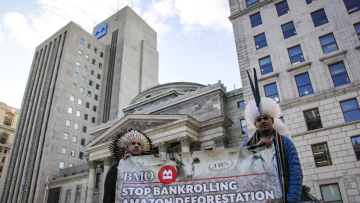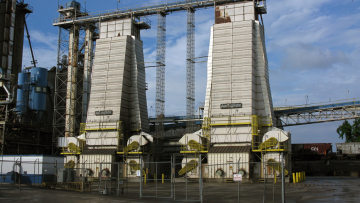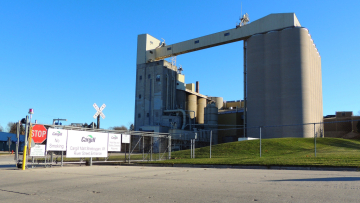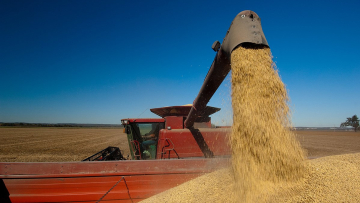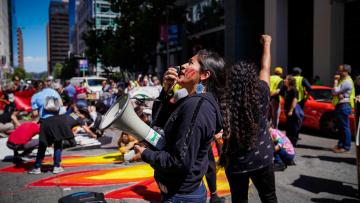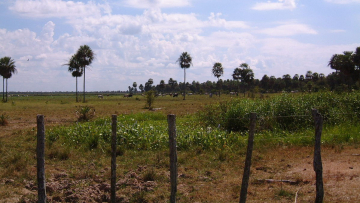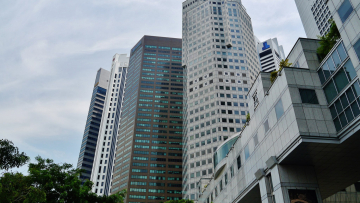Five civil society groups call out corporate power and financial backing behind global food injustice in submission to UN Special Rapporteur
Ola Janus, Banks and Nature Campaign Lead at BankTrack

Ola Janus, Banks and Nature Campaign Lead at BankTrack
Last month, BankTrack, Friends of the Earth US, Foodrise, Rainforest Action Network and Institute for Agriculture and Trade Policy submitted a joint response to a call for input by the UN Special Rapporteur on the right to food on the “concentration of corporate power in global food systems and its implications for the realisation of the right to food”.
This joint submission aims to inform the Special Rapporteur’s upcoming thematic report to the UN General Assembly in October.
The five organisations are part of an emerging global alliance that aims to serve as a platform for strategic interventions to shift food financing away from consolidated industrial systems towards rights-based, restorative models.
The joint submission highlights the relationship between the global financial system and the corporate agribusiness model. Major agribusiness companies such as JBS, Minerva, Marfrig, Bunge, Cargill, Louis Dreyfus, Wilmar International, and Royal Golden Eagle are linked to various alleged cases of human rights violations and environmental damage.
According to a report by Global Witness, banks and investors from the UK, EU, US and China earned an estimated $1.74 billion (2016–2020) from investments in agribusiness firms allegedly linked to deforestation and human rights abuses, despite public commitments to environmental and social standards. This Global Witness analysis of over 70,000 financial deals with 20 major agribusinesses concludes that institutions including JPMorgan, HSBC, Deutsche Bank, BNP Paribas and Rabobank profited from rainforest destruction in regions including Southeast Asia, West Africa and Brazil. The Banking on Biodiversity Collapse report details how major global banks and investors systematically fund the expansion of agribusiness and forestry into the world’s remaining tropical forests.
The submission also highlights the political power of major corporate actors, including banks, in shaping global food systems. According to an investigation by Fair Finance Guide, between 2019 and 2023, Dutch banks such as Rabobank, ABN Amro and ING provided nearly US$1.9 billion in financing to companies linked to the agribusiness lobby in Brazil, reinforcing these systemic imbalances and impeding the growth of alternative, equitable food systems.
Finally, the submission recommends implementing stricter financial regulation to address the impunity of corporations and their financiers, and eliminate financial flows driving human rights violations and environmental impacts. Based on the findings of Forest and Finance’s Regulating Finance for Biodiversity (2024) report, the submission calls for measures including integrating biodiversity risks into financial risk management and disclosure, aligning monetary policy and financial products with sustainability goals, and enforcing strong due diligence to prevent financing harmful activities and ensure corporate transparency and accountability. Additionally, mandatory human rights and environmental due diligence systems are necessary at various levels, including for imports and exports, procurement and investments.
Our joint submission can be downloaded here.
Original call for input by the U.N. Special Rapporteur on the right to food on the “Concentration of corporate power in global food systems and its implications for the realisation of the right to food”.

